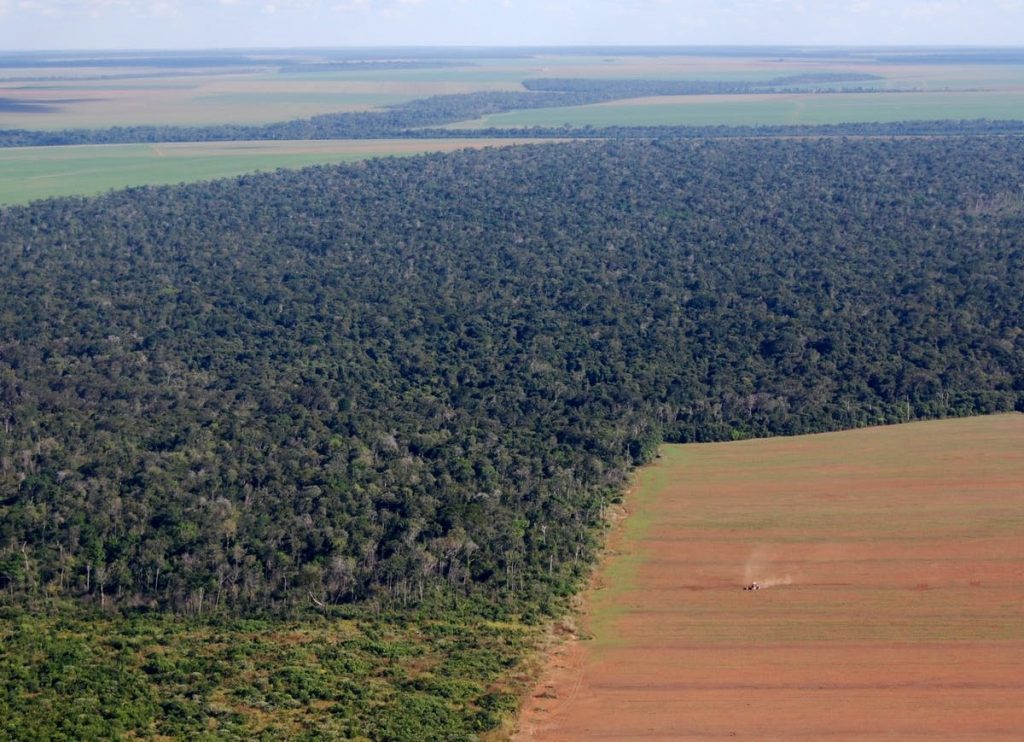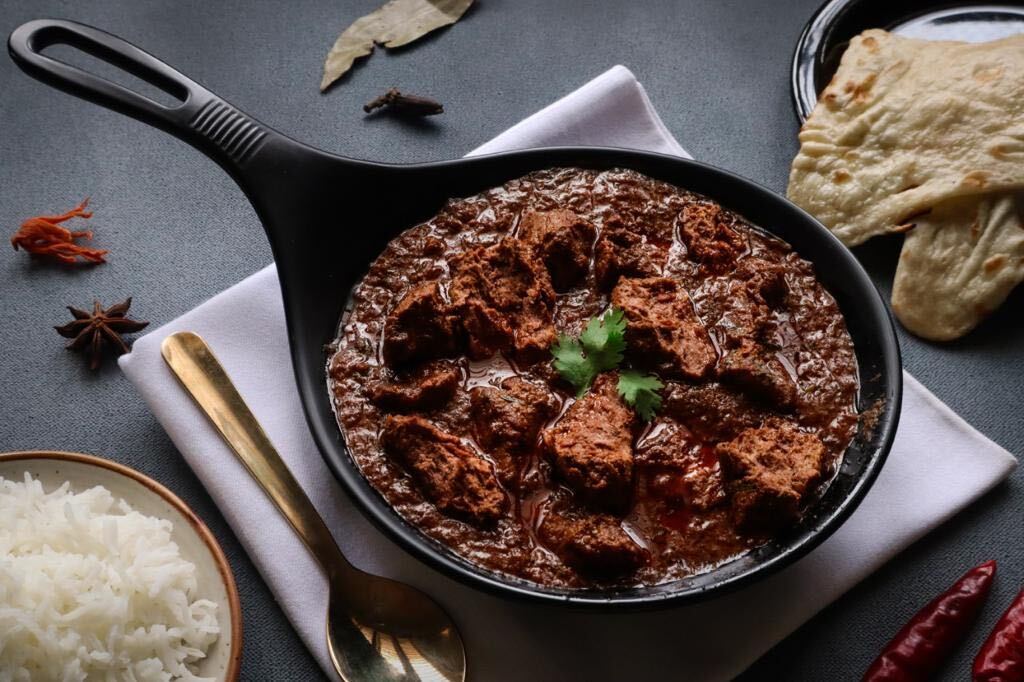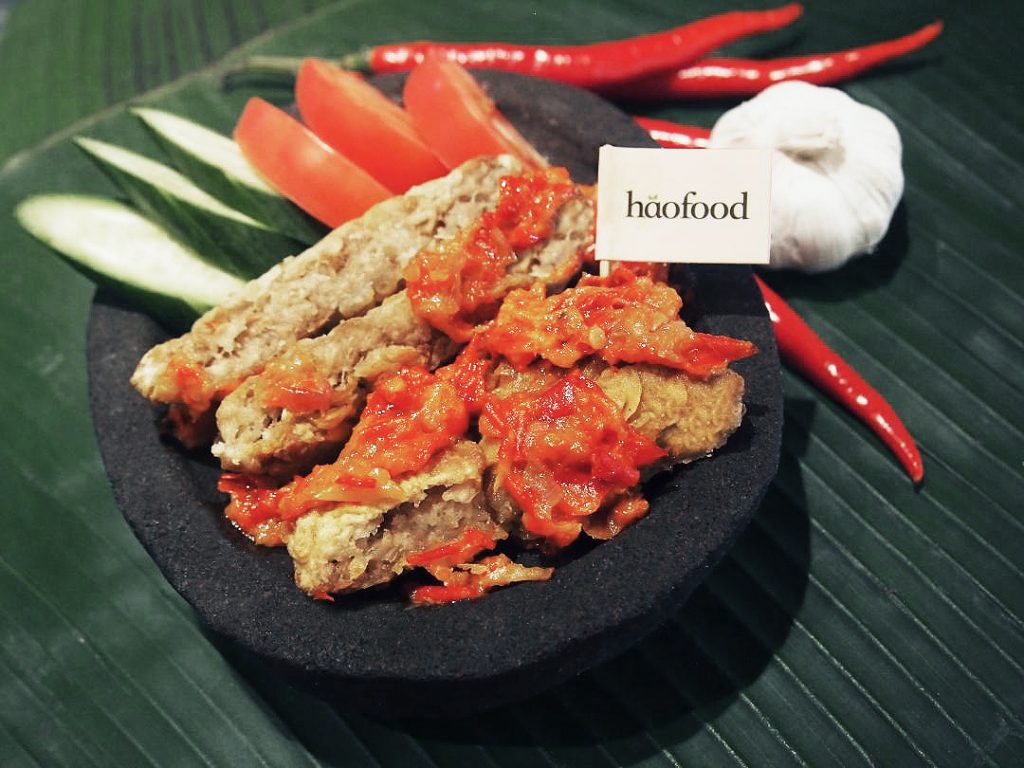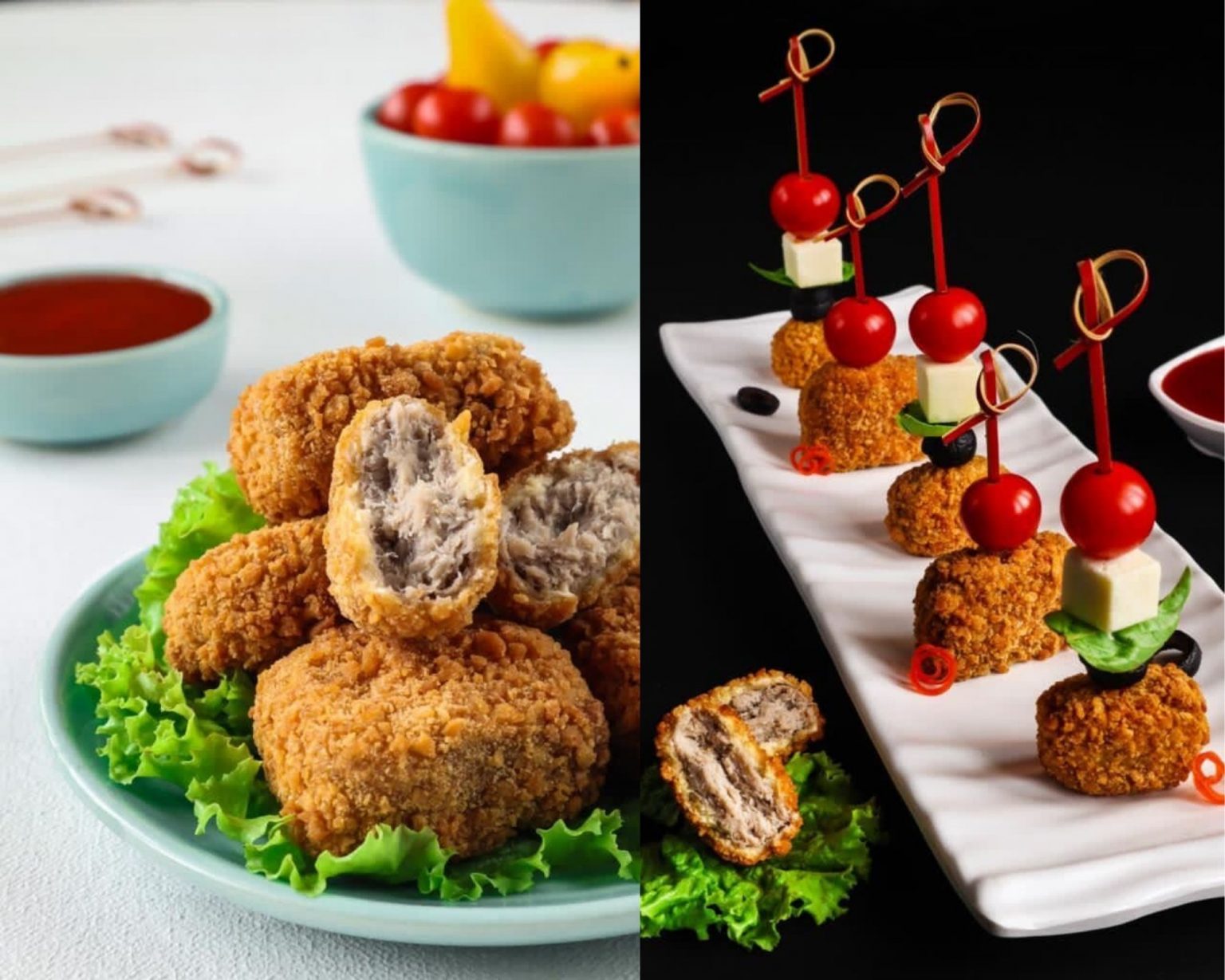The plant-based and cultivated food industries are growing at a phenomenal rate. However, not all products are yet reaching the standard that consumers want or expect. In addition, some food categories do more to reduce the global consumption of animals than others.
At the ProVeg Incubator, we want our work to have a major impact. That is why we focus on supporting startups that are capable of functioning on a large scale and removing as many animals as possible from the food system.
Based on industry research, consumer studies, and our work with startups, we have identified three categories that are particularly important for us: chicken, egg, and fish alternatives.
Why? Firstly, animal-based versions of these foods are consumed in staggering quantities across the world. To change that, we need to get delicious, affordable alternatives into the hands of consumers.
Secondly, alternatives to conventional chicken, egg, and fish products are in high demand. Consumers are already keen to make the switch and are just waiting for the perfect products.
The hidden facts
Every year, around 50 billion chickens are slaughtered for food. Yet, some people still suggest that eating chicken is not as harmful to the environment as other types of meat production.
While it is true that beef production is responsible for more greenhouse gas emissions than other types of meat, this doesn’t make the poultry industry any less lethal. The impact of producing chicken in the way that we currently do is detrimental to animals, the ecosystem, and human health. From 1990 to 2013, global poultry consumption increased by 165%. This is not sustainable.
Our food system is so deeply embedded in the animal-based industry that a third of the world’s croplands are used to produce feed for animals. If we had used this area to grow vegetables or to plant trees, we could have been on a different path – in terms of world hunger, the climate crisis, and the preservation of nature.





